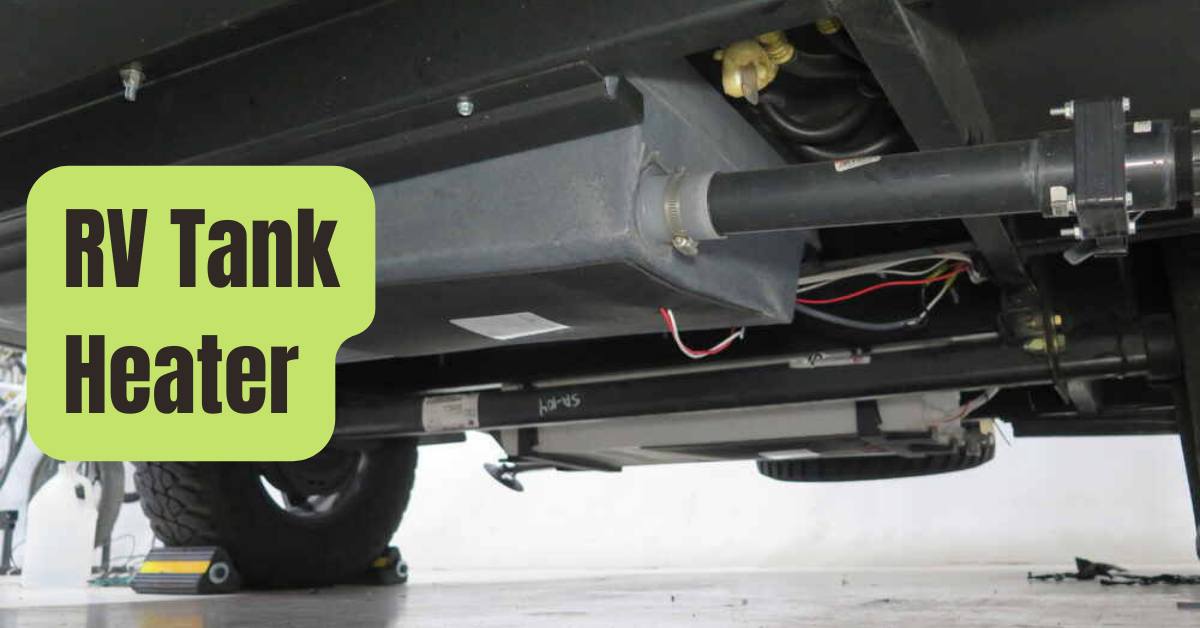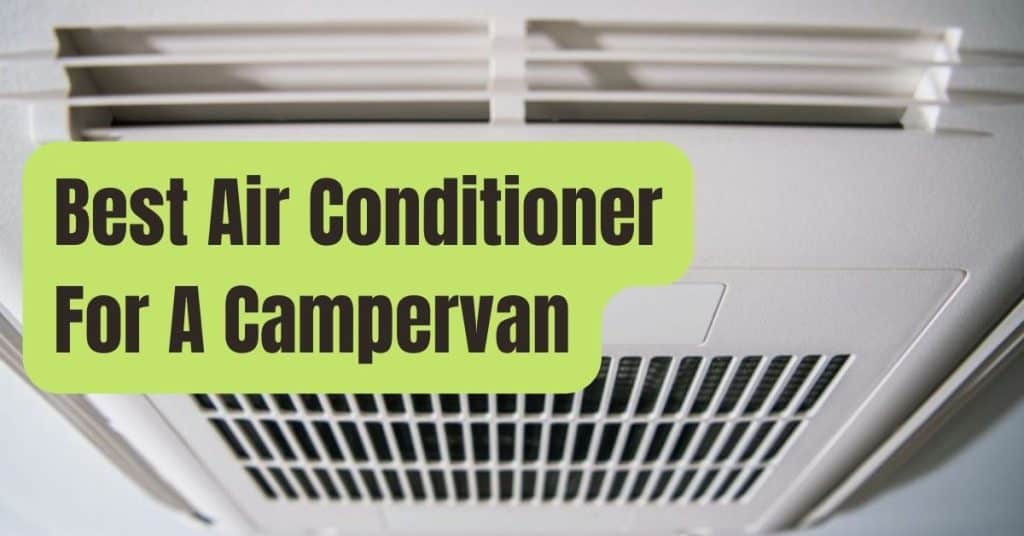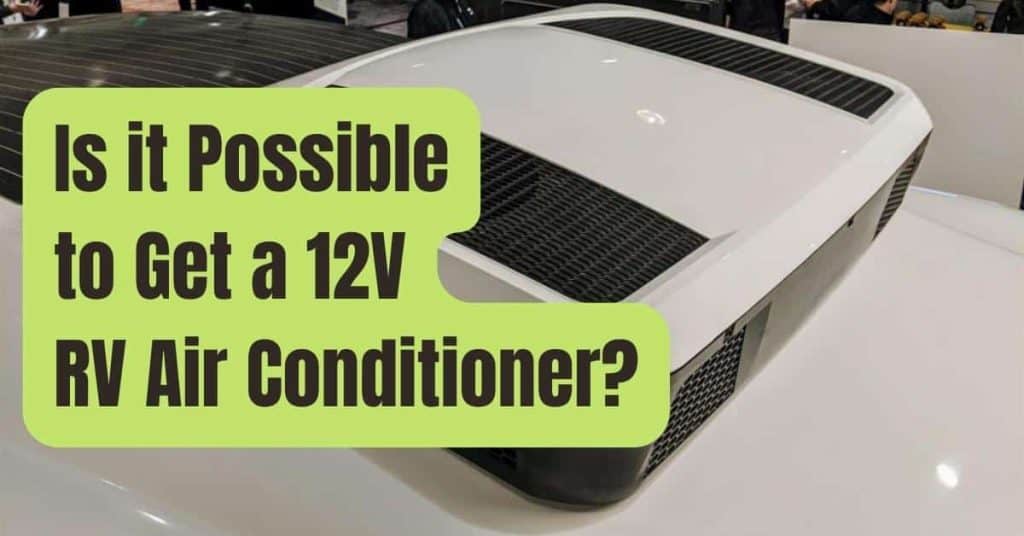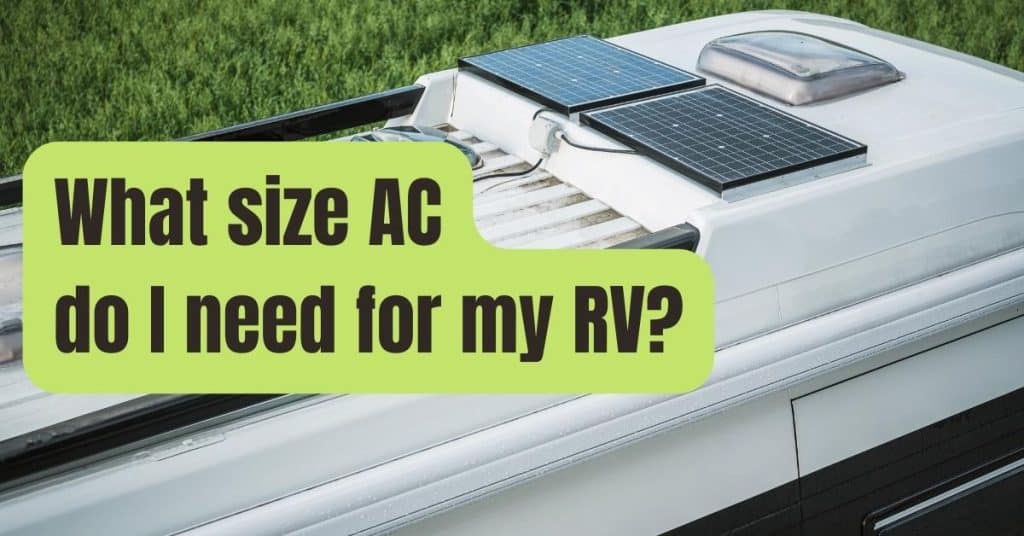Can You Camp Without RV Tank Heaters in the Winter?
Tank warmers for RVs are a practical RV accessory that may significantly enhance your winter camping experience.
Many RV owners choose to install RV tank warmers themselves, however other vehicles already have these useful heaters installed.
Many RV owners don’t even have tank heaters.
They manage very well without them.
As a result, some RV owners question if tank warmers are really essential.
The response? They are not strictly essential since there are alternative methods to do the task, but they are quite beneficial for various kinds of RVers in specific situations.
Do you have questions regarding RV tank heaters? We’ll discuss what they are, who should consider installing them, and other practical advice for winter camping.
What Are Tank Heaters For RVs?
The definition of RV tank heaters must be made clear initially.
They are exactly what you would expect them to be: heaters used to keep holding tanks warm.
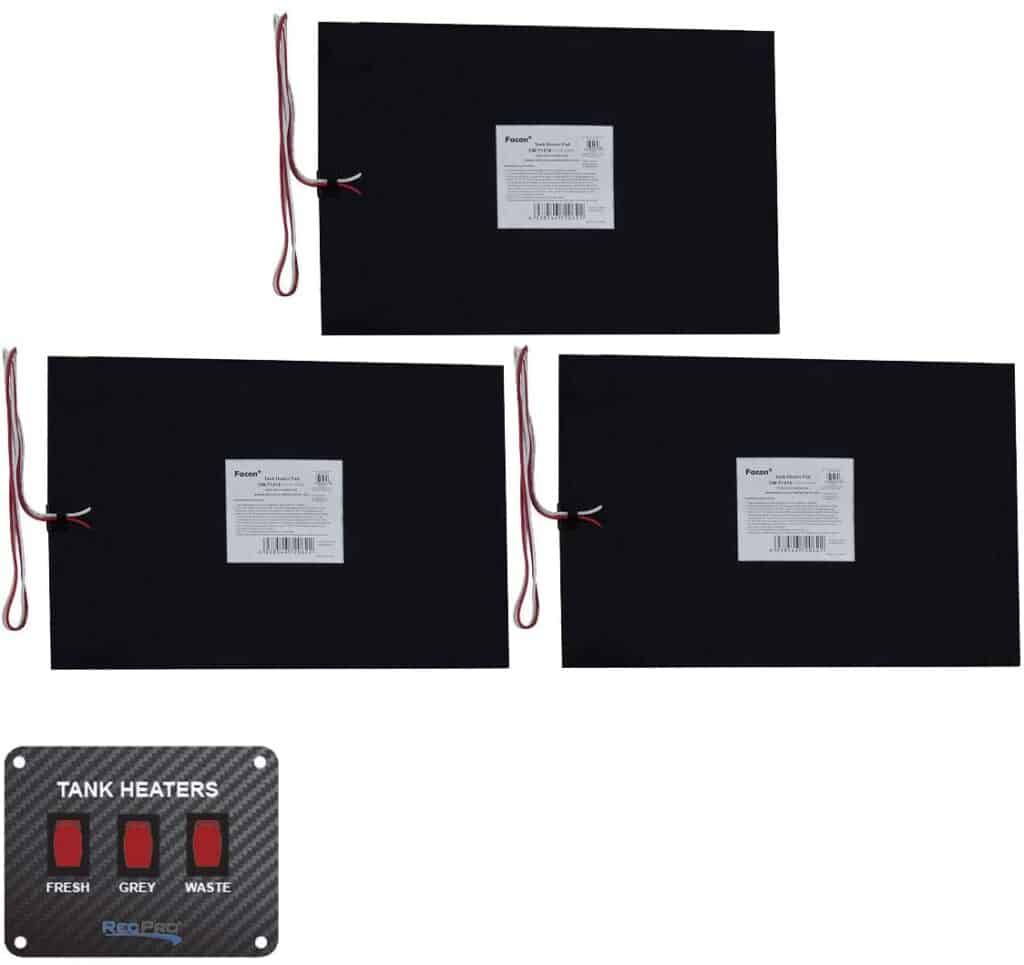
These tank warmers take the shape of electric heating pads that are hooked into the RV’s electrical system and are bonded to the bottoms of the tanks.
You may select when to utilize the heaters by using a switch that is positioned on or next to the control panel.
If the weather outside will drop below freezing, the RV tank heaters should always be turned on since they will protect the water in your tanks from freezing, avoiding cracking and other problems.
These pads’ residual heat may also keep the pipes close by warm, reducing the risk of pipe bursts.
Who Ought To Use An RV Tank Heater?
As was already established, some types of RVers benefit the most from heaters.
Yes, if you camp in subfreezing conditions, particularly if you do it often, you belong to this category and you should probably think about buying RV tank heaters.
The good news is that this improvement is rather affordable and should be doable by the majority of skilled individuals.
Most people won’t want tank heaters if they exclusively camp in the summer, or even if they do some autumn and spring camping but never in below-freezing temperatures.
Similarly, snowbirds who go south for the winter are unlikely to use tank heaters since they make it a point to remain in warm climates even when winter arrives.
Other Strategies To Prevent Frozen RV Tanks
You may be seeking for other methods to make sure your RV tanks keep thawed this winter if you do camp in below-freezing weather but lack the handy abilities required to install RV tank warmers.
Fortunately, there are approaches you can take.
#1. Make An RV Skirt.
The first choice is to make or purchase an RV skirting of some kind.
You may construct an insulated skirt around your RV using Styrofoam or wood if it is stationary.
The issue is that people who relocate often cannot very easily pack and unload such sturdy skirting each time they do so.
We advise some kind of skirting, like the one our firm makes, for these people.
#2. Inject Antifreeze
To prevent liquids from freezing within your holding tanks, you may also apply RV antifreeze to them.
While heaters and skirting will help prevent pipes from freezing, it’s crucial to remember that this approach does nothing for the pipes.
It’s by far the simplest.
Additionally, if you want to utilize the freshwater tank, antifreeze cannot be added to it; thus, you must continue using the municipal water connection, which has its own set of challenges.
Other Advice For Winter Camping
We’d like to leave you with a few additional winter camping water advice before we wrap up this piece.
These ought to enable you to maintain order even in the frigid conditions.
#1. Employ Heated Hoses
As previously stated, if you use the antifreeze technique, you must connect to the municipal water system rather than the freshwater holding tank.
Of fact, some individuals still like using the municipal water connection.
In any event, you should consider purchasing a heated hose if you will be using municipal water while it is frigid outside.
This will stop the water spigot from freezing to your RV.
Use some heat tape on your sewage hose as well to prevent anything from freezing during disposal.
#2. Prudent Tank Disposal
Speaking of dumping, it’s crucial to empty your tanks strategically when it’s really chilly outside.
Liquids may still freeze in the pipes and sewage line going to the sewer even if you have tank heaters installed.
When you’re ready to dump, shut the dump valves on both waste tanks again immediately away, and pull the sewage pipe to make sure the tank is totally empty.
As you can see, if you camp in really cold weather, tank heaters are a good to have.
However, there are other ways to guarantee your tanks remain warm, so delaying that update if you can’t afford RV tank heaters or aren’t sure how to install them won’t affect anything as long as you discover other methods to avoid freezing plumbing while you’re out camping won’t.

